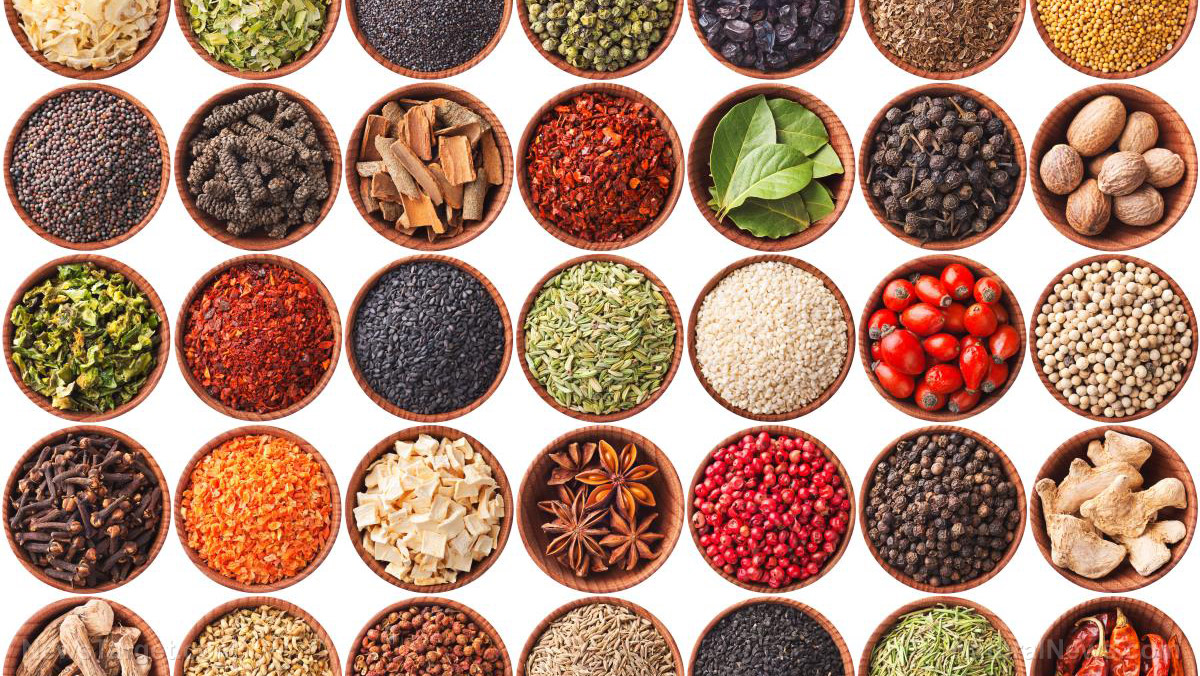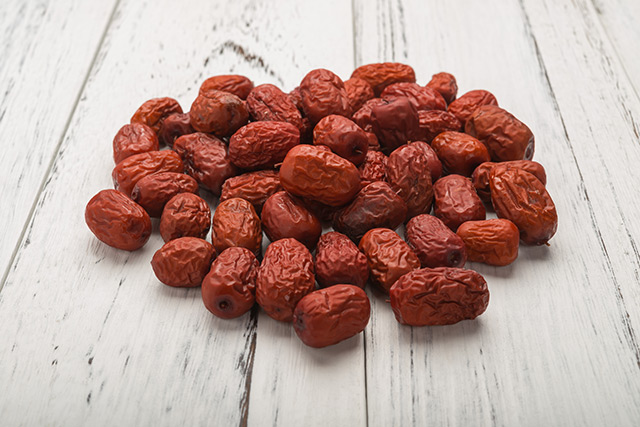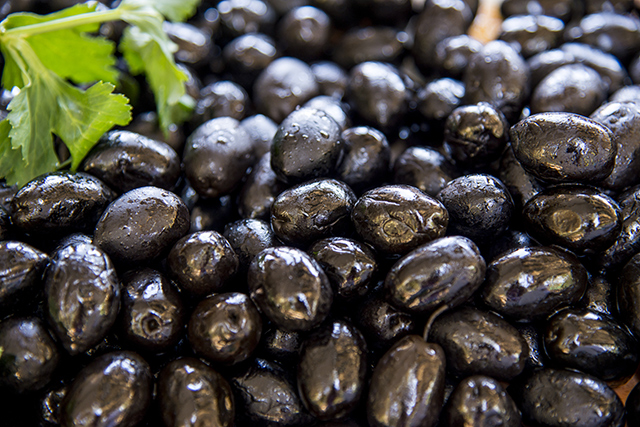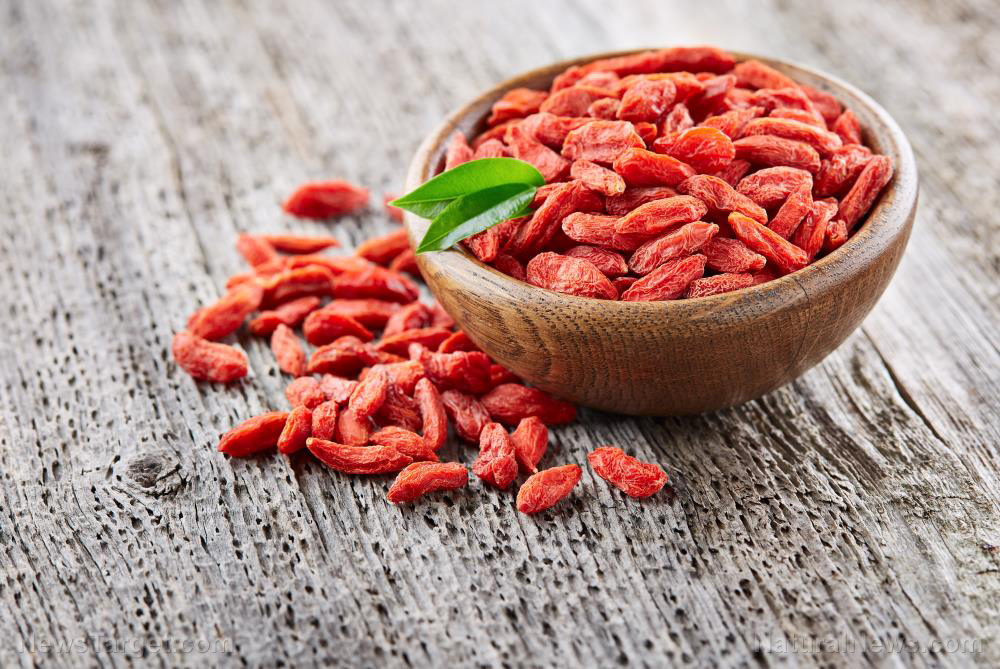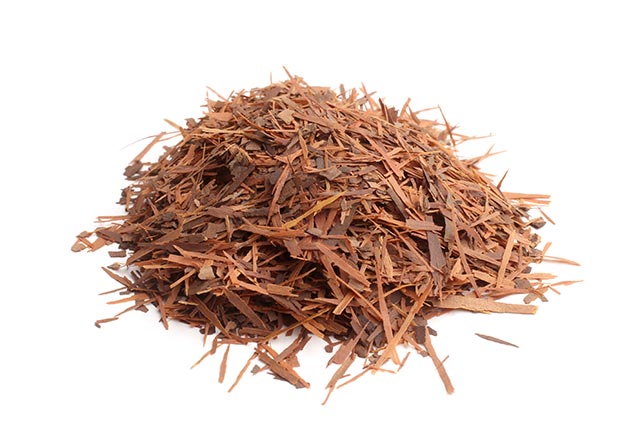These herbs promote overall well-being
09/03/2018 / By Zoey Sky

Herbs are used for more than boosting the flavor profile of various dishes. These versatile plants also offer health benefits, and they can help soothe various aches and pains.
Herbs with health benefits
Add these flavorful herbs to your kitchen and use them for treating different complaints like nausea or a cold.
- Astragalus/milkvetch – An adaptogenic herb, astragalus can protect the body from disease and stress. The herb is often found in capsule form, and it can help address seasonal allergies. Astragalus also has anti-inflammatory properties that can give relief to aggravated eyes and noses.
- Capsicum – Capsicum, or chili peppers, are medicinal herbs that have an active ingredient called capsaicin. Aside from making peppers spicy, capsaicin can help soothe aches and pains if it is applied topically.
- Fenugreek – Fenugreek has beneficial effects on blood sugar. The herb has the plant protein 4-hydroxyisoleucine, and it can boost the function of the hormone insulin. People with diabetes can take at least a gram of fenugreek extract daily to lower their blood sugar levels.
- Feverfew – Feverfew, also called “medieval aspirin,” can help relieve a headache. The herb is usually taken in capsule form because it has a bitter taste. You can also take feverfew pills to help prevent migraines and reduce their frequency. The herb can also reduce the severity of headache side effects such as nausea, pain, and light sensitivity.
- Holy basil – Considered a sacred herb in India, holy basil can prevent the growth of various bacteria, molds, and yeasts. It can strengthen the immune system by increasing certain immune cells in the blood. Holy basil can also help reduce blood sugar levels before and after meals.
- Parsley – Women on their periods can benefit from parsley because it has apiol, a naturally occurring substance that can ease the pain caused by menstrual cramps. Parsley also acts as a mild diuretic and it can help minimize bloating. Additionally, parsley can improve hormone balance and soothe PMS symptoms.
- Peppermint – Peppermint can help soothe an upset stomach and drinking a cup of peppermint tea can help relax stomach muscles. It can also address indigestion and help you pass gas quickly. Peppermint can prevent bloating and cramps caused by irritable bowel syndrome, but skip the herb if your stomach problems are due to acid reflux.
- Rosemary – Rosemary contains an active ingredient known as rosmarinic acid that can help suppress allergic responses and nasal congestion.
- Sage – Sage can’t cure anxiety or depression, but herbalists note that it can give your mood a temporary boost. Sage is available in pill form and it can boost alertness, calmness, and contentedness. (Related: 5 Herbs for a Healthy Energy Boost.)
- Thyme – Thyme is often used during flu and cold season because it’s antispasmodic. A cough, which is an involuntary spasm, can be soothed by the oils in thyme that calm the body’s reflexes. Additionally, thyme has thymol, an antiseptic, which directly attacks infections.
- Valerian – Studies have shown that valerian can help you fall asleep. The herb can also help decrease the frequency that insomniacs awaken at night. It remains unknown how the herb helps people with sleep problems, but researchers posit that it’s because valerian can help increase the levels of gamma-Aminobutyric acid (GABA), a chemical that can help the body stay calm. The herb is a sedative and its side effects include grogginess.
Add these herbs to your diet today to enjoy various health benefits.
You can read more articles about potent herbs like parsley and peppermint at Herbs.news.
Sources include:
Tagged Under: astragalus, botanicals, capsicum, feverfew, herbal medicine, herbal remedies, Herbs, ingredients, natural cures, natural healing, natural health, natural medicine, natural remedies, nutrition, Parsley, peppermint, remedies, sage, thyme, valerian



